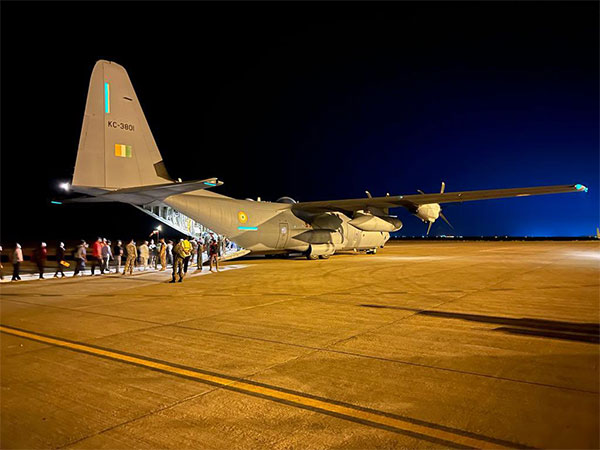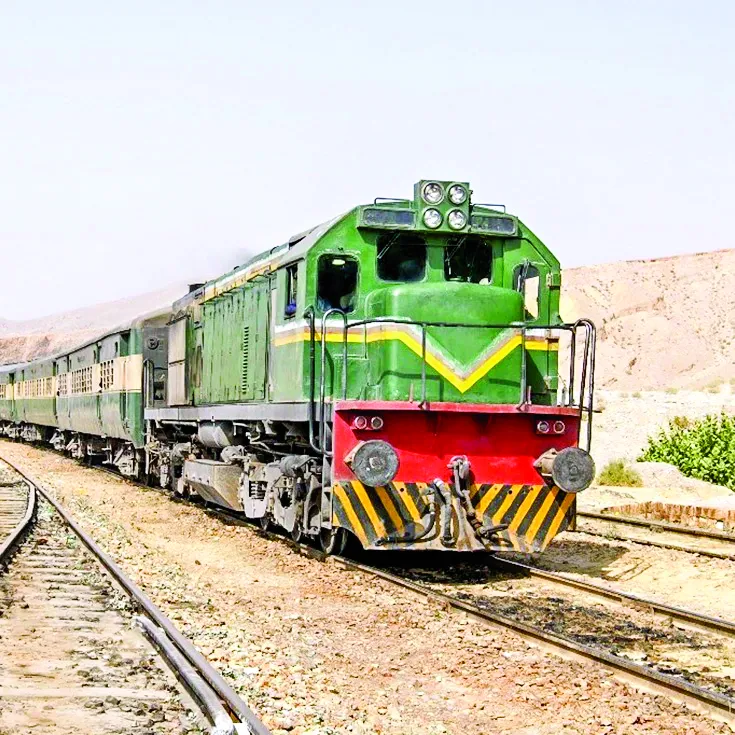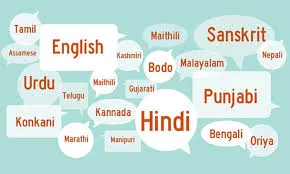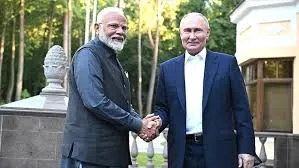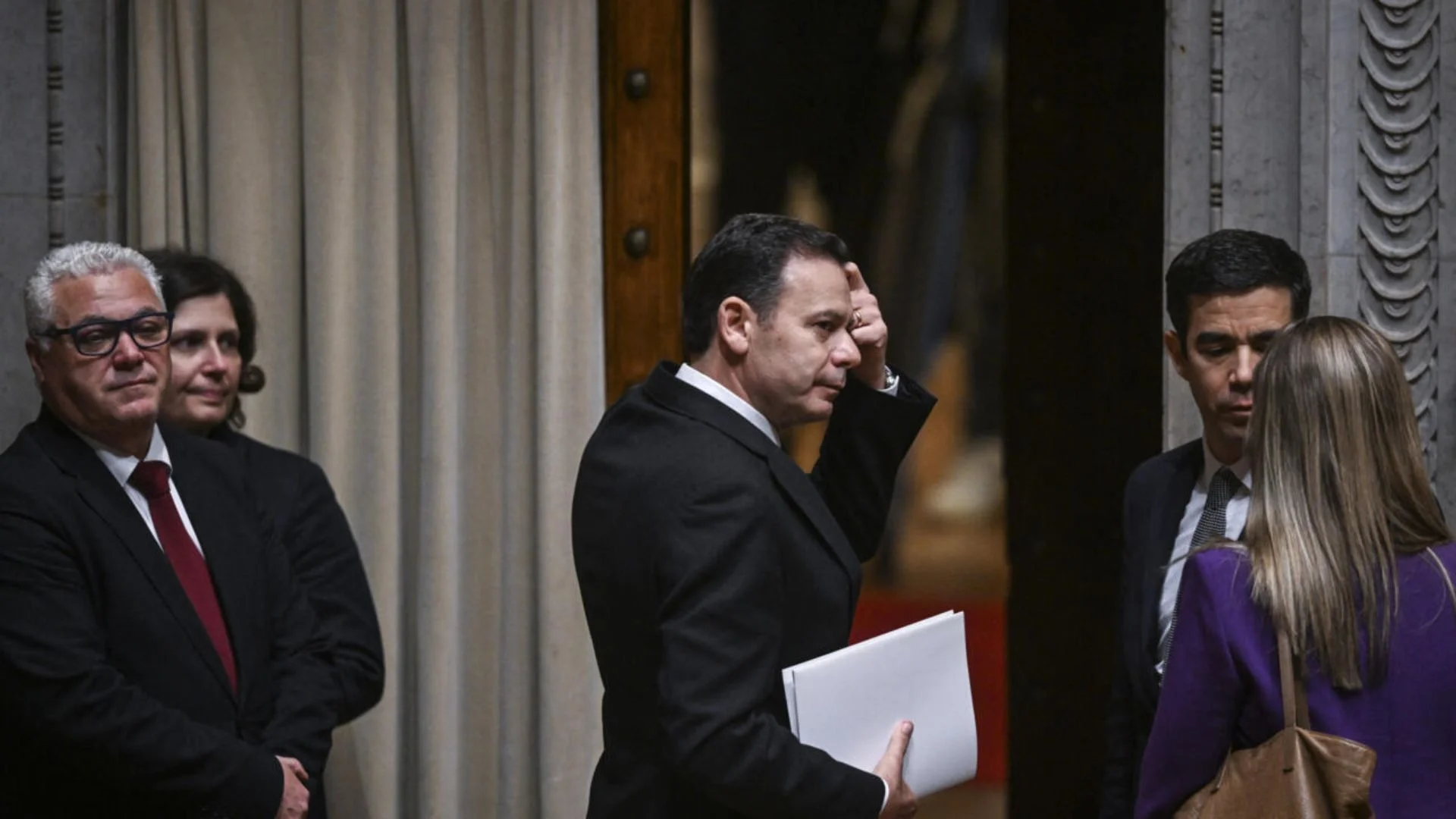Sudan has been in turmoil since 15th April, when fighting broke out in Khartoum and other adjoining areas between two rival military factions led by General Muhammad Hamdan Dagalo, also known as Hemedti, commander of the paramilitary group Rapid Support Force (RSF) and General Abdel Fattah al-Burhan, commander of Sudan’s National Army. Since then, the situation has only worsened and as per many experts, the conflict is moving towards a full-scale civil war. Despite numerous ceasefire declarations, the army and RSF continue to fight over control of the capital Khartoum.
After almost a month of conflict, the leaders of the two factions have so far exhibited no visible readiness to engage in any negotiation. Power and water supplies have been failing, companies, banks, and stores across large portions of Khartoum have been robbed or damaged, and locals have complained of excessive price increases and shortages of essential items. Currently, 60 out of Khartoum’s 86 hospitals are no longer functional, and 25 of the remaining 26 are used for partial care. Some of the hospitals are also used as bases by both warring parties.
As the violence intensified in Sudan, India launched ‘Operation Kaveri’, to evacuate Indians stranded in Sudan. It is a significant operation conducted jointly by Indian naval ships and Indian Air Force aircraft. As part of ‘Operation Kaveri’, India took its citizens in buses from various conflict zones in the capital Khartoum as well as many other conflict-ridden areas to Port Sudan. From Port Sudan, they were taken to Jeddah using both heavy-lift transport aircraft of the Indian Air Force and ships of the Indian Navy. Thereafter, the Indians are flown home from Jeddah via commercial flight or IAF aircraft. In total, five ships and 13 planes, including one from the Wadi Sayyidna military airbase, were used to carry out the operation.
On 23rd April, the first evacuation under Operation Kaveri took place when Indian Embassy arranged six buses to travel from Khartoum to Port Sudan (850 Km). The Indian community of Port Sudan, particularly Comboni School, played a major role in this regard. Indian Embassy developed a temporary Facilitation Centre at the Comboni School where Indian nationals got registered, provided with transit housing and evacuated by air and sea. On 25th April, INS Sumedha brought the first group of 278 stranded Indians back home. In total, the Indian Embassy mobilised and facilitated the movement of 62 buses from various parts of Sudan to reach Port Sudan. It also enabled several other Indians to move to South Sudan, Egypt, Chad and Djibouti.
‘Vasudhaiva Kutumbakam’, which celebrates the spirit of oneness, has been the cornerstone of India’s foreign policy. And therefore, despite having problems to deal with itself, India has not failed to step up to help others. India assisted in evacuating residents of friendly countries. The embassy has provided direction and support for evacuating foreign nationals from Bangladesh, Nepal, and Sri Lanka. India faced enormous risks in its attempt to rescue stranded Indians from Sudan and, before closing Operation Kaveri on 5th May, evacuated as many as 3,862 Indians.
Over the past week, different nations have responded in different ways to evacuate their residents and embassy staff to safety. The US has faced criticism for evacuating only the 70-odd embassy staff leaving 16,000 private American citizens in Sudan to protect themselves. On the other hand, France, Germany, Italy, the United Kingdom, Spain, Holland, Turkey, Japan, South Korea, Jordan, South Africa, Egypt, and Saudi Arabia evacuated their residents as well as citizens of other nations.
The present rescue mission is named Kaveri as a symbolic gesture. One of India’s most significant rivers, the Kaveri, passes through the southern states of Karnataka and Tamil Nadu. People of these regions revere this river as the Goddess and consider it sacred. This operation is dubbed Operation Kaveri to emphasise the significance that rivers achieve their goal despite the obstacles they encounter. In this instance, River Kaveri is portrayed as a mother who will ensure to deliver her kids back home safely.
This is not the first time India has displayed such agility in evacuating its citizen. In the recent past, several times, Indian citizens have been successfully evacuated and rescued in times of war, natural disasters, and other tragedies. The Indian government has always been watchful and has moved quickly to ensure the safety of its residents by evacuating them from countries embroiled in war. India has successfully carried out several evacuation operations, whether in Afghanistan or Ukraine, and some of its pilots have even made emergency landings in hostile environments to return stranded Indian citizens to their homes.
As India took over the G20 Presidency, India needs to uphold the vision of ‘Vasudhaiva Kutumbakam’ and offer its consensus-based inclusive leadership to the world. The Indian values and philosophy would further strengthen India’s soft power strategies for exerting global influence. “One must care about the world one will not see,” said Mahatma Gandhi once. With its longstanding commitment to peace, unity, oneness, and inclusivity, India offers a ray of hope at a time, when several countries are struggling with the economic recovery from the pandemic. And Operation Kaveri is an accurate representation of the Indian worldview, which aims to advance the welfare and prosperity of all people.

The author is a Senior Research Associate with the Vivekananda International Foundation and doctoral scholar at Jawaharlal Nehru University.

